Was the US occupation of Afghanistan an inevitable failure?
Bush vowed the US would rebuild the war-torn country. But 20 years and $2trn later, the ‘nation-building folly’ has ended in ‘catastrophe’
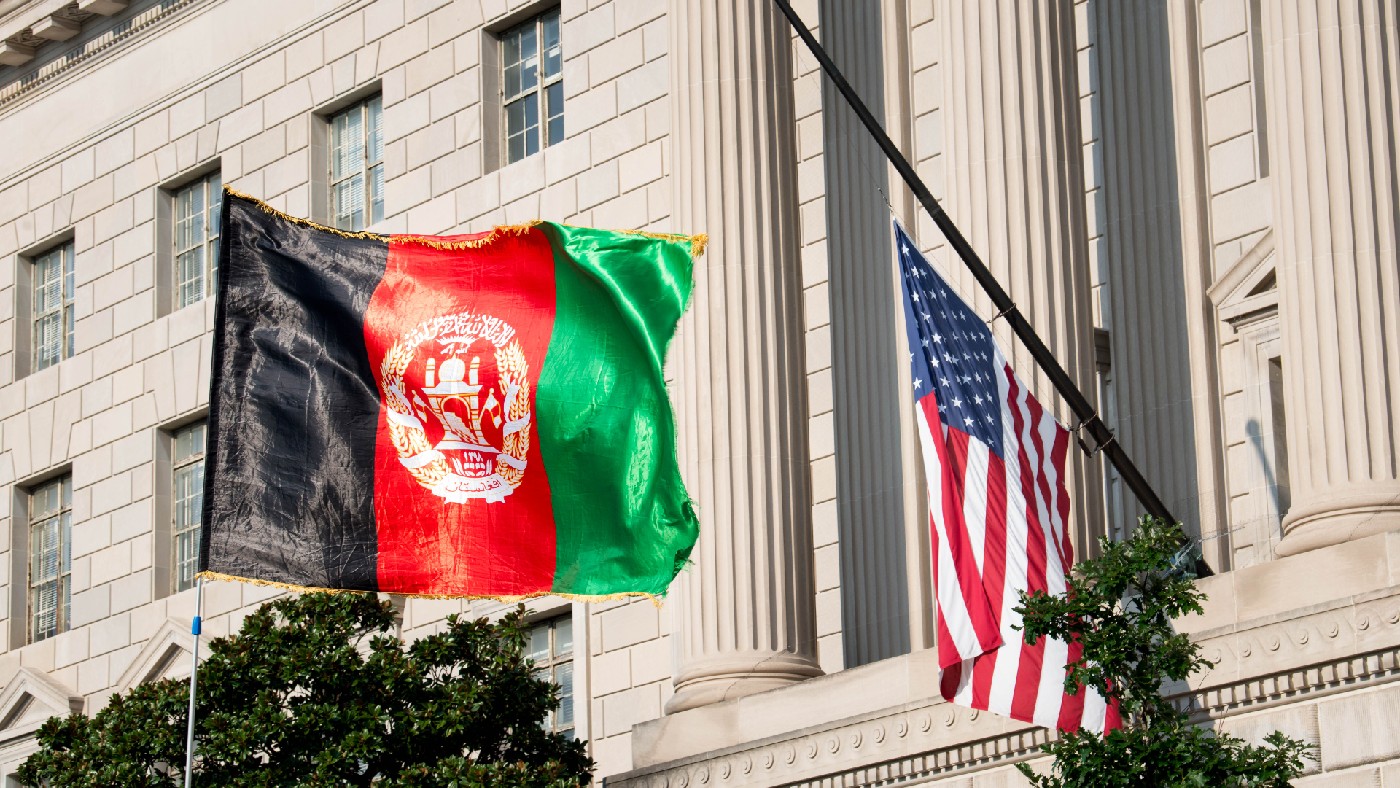
A free daily email with the biggest news stories of the day – and the best features from TheWeek.com
You are now subscribed
Your newsletter sign-up was successful
Back in April 2002, George W. Bush explained to a group of US army cadets that the history of imperial military involvement in Afghanistan was “one of initial success, followed by long years of floundering and ultimate failure. We are not going to repeat that mistake,” he assured them. But we did, said Rod Dreher in Newsweek. In that same speech, Bush vowed that the US would rebuild war-torn Afghanistan as it had postwar Europe. Yet 20 years and $2trn later, “our nation-building folly” has ended in “catastrophe”, with the Taliban back in charge, and the US humiliated.
But while the speed of the takeover may have been a shock, it was always clear that America’s Afghan mission would end badly, because the premise on which it was based – that “all peoples want individual freedom and share our vision of prosperity” – was fundamentally flawed. Liberal democracy is not “the natural state of humankind, but rather a mindset that emerges under certain conditions”, and those were just not present in Afghanistan.
I wouldn’t go as far as to say that failure was set in stone, said Daron Acemoglu on Qantara.de. But the “top down” state-building strategy the US adopted was doomed. Of course, the US was right that Afghanistan needed a functioning government; where it went wrong was in thinking that it could use its military might to impose one on a country that is notorious for its ethnic and tribal divisions, and that has a long history of throwing off centralised control.
The Week
Escape your echo chamber. Get the facts behind the news, plus analysis from multiple perspectives.

Sign up for The Week's Free Newsletters
From our morning news briefing to a weekly Good News Newsletter, get the best of The Week delivered directly to your inbox.
From our morning news briefing to a weekly Good News Newsletter, get the best of The Week delivered directly to your inbox.
Had the US worked closely with local groups, it might have been able to create state institutions that had some popular support. Instead, it poured billions into the “extravagantly corrupt” and nonrepresentative regime led by Hamid Karzai. Ashraf Ghani, the president who fled last month, had written books on fixing failed states – but “continued down the same road” as Karzai.
What few in the West seem to appreciate is just how much suffering was inflicted on the Afghan people during the US’s 20-year occupation, said Muhammad Mahmood in The Financial Express. At least 164,000 people were killed – by reaper drones and B-52 bombers, and by the CIA-backed militias, controlled by criminal warlords, who committed countless atrocities under the guise of rooting out the Taliban.
There is a sense in the West that the violent occupation was justified by the benefits it brought to Afghan women, but even these are somewhat illusory: only 2% of women, mainly from the Western-backed elite, had access to further education; 84% are still illiterate. The Taliban may be brutally repressive, but to many in a weary, embittered nation it offered stability – and the hope of something better than the status quo.
A free daily email with the biggest news stories of the day – and the best features from TheWeek.com
-
 The ‘ravenous’ demand for Cornish minerals
The ‘ravenous’ demand for Cornish mineralsUnder the Radar Growing need for critical minerals to power tech has intensified ‘appetite’ for lithium, which could be a ‘huge boon’ for local economy
-
 Why are election experts taking Trump’s midterm threats seriously?
Why are election experts taking Trump’s midterm threats seriously?IN THE SPOTLIGHT As the president muses about polling place deployments and a centralized electoral system aimed at one-party control, lawmakers are taking this administration at its word
-
 ‘Restaurateurs have become millionaires’
‘Restaurateurs have become millionaires’Instant Opinion Opinion, comment and editorials of the day
-
 Russia’s war games and the threat to Nato
Russia’s war games and the threat to NatoIn depth Incursion into Poland and Zapad 2025 exercises seen as a test for Europe
-
 Operation Rubific: the government's secret Afghan relocation scheme
Operation Rubific: the government's secret Afghan relocation schemeThe Explainer Massive data leak a 'national embarrassment' that has ended up costing taxpayer billions
-
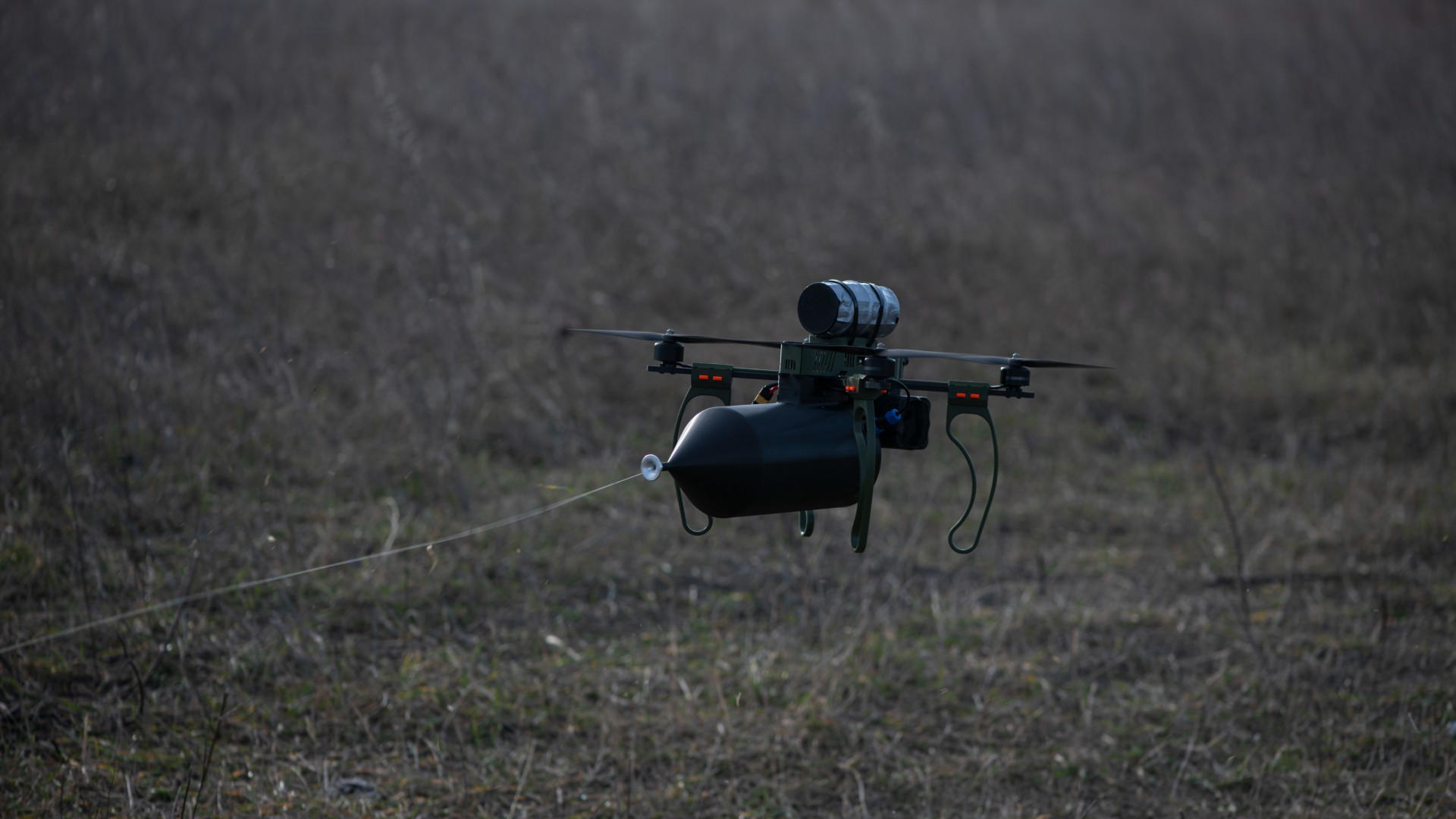 How drone warfare works
How drone warfare worksThe Explainer From Ukraine to Iran, it has become clear that unmanned aircraft are rapidly revolutionising modern warfare
-
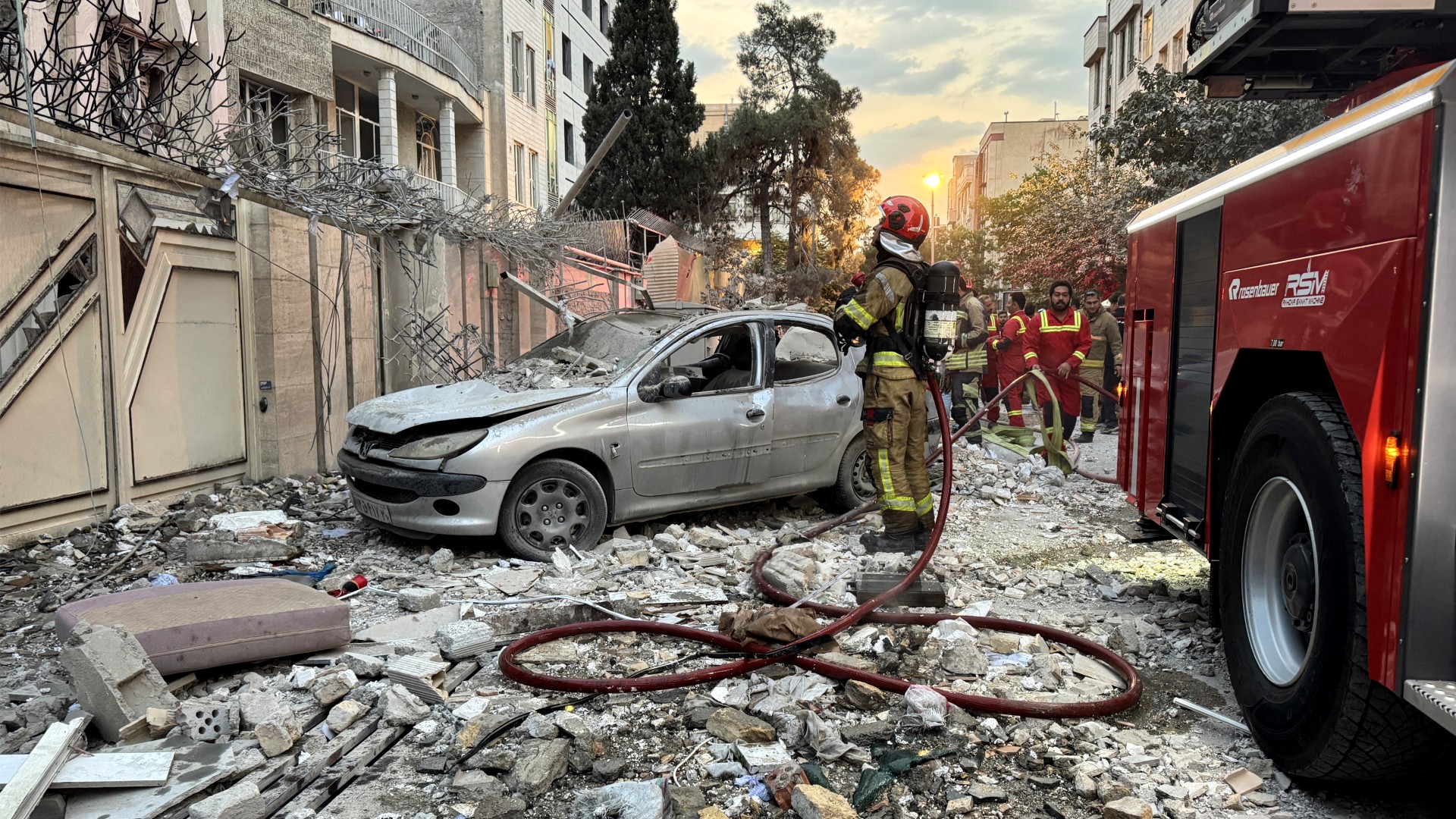 How the Israel-Iran conflict broke out
How the Israel-Iran conflict broke outThe Explainer Israel's strike on Iran's nuclear and missile programmes was years in the planning
-
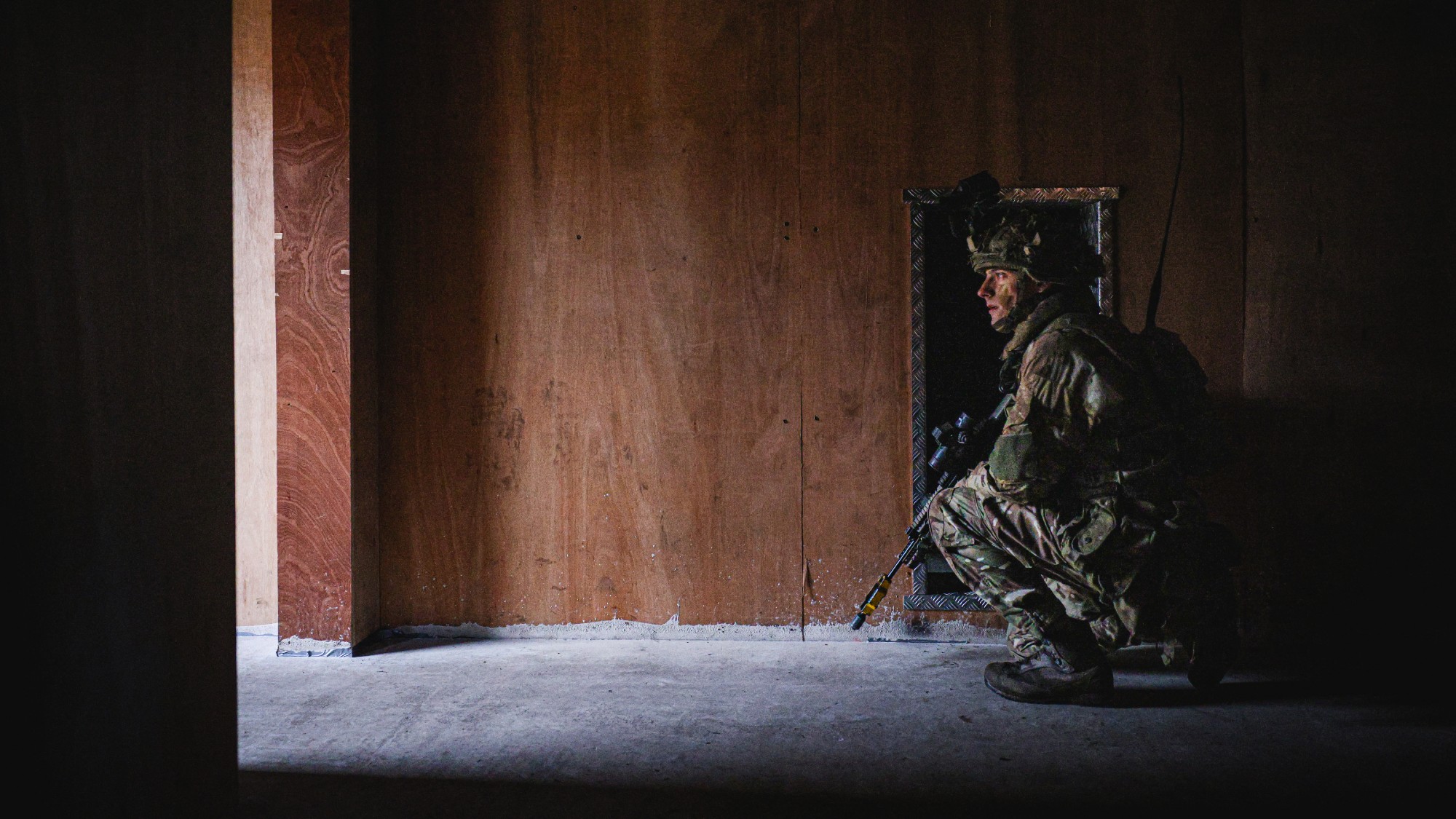 The state of Britain's Armed Forces
The state of Britain's Armed ForcesThe Explainer Geopolitical unrest and the unreliability of the Trump administration have led to a frantic re-evaluation of the UK's military capabilities
-
 Russia's spies: skulduggery in Great Yarmouth
Russia's spies: skulduggery in Great YarmouthIn the Spotlight 'Amateurish' spy ring in Norfolk seaside town exposes the decline of Russian intelligence
-
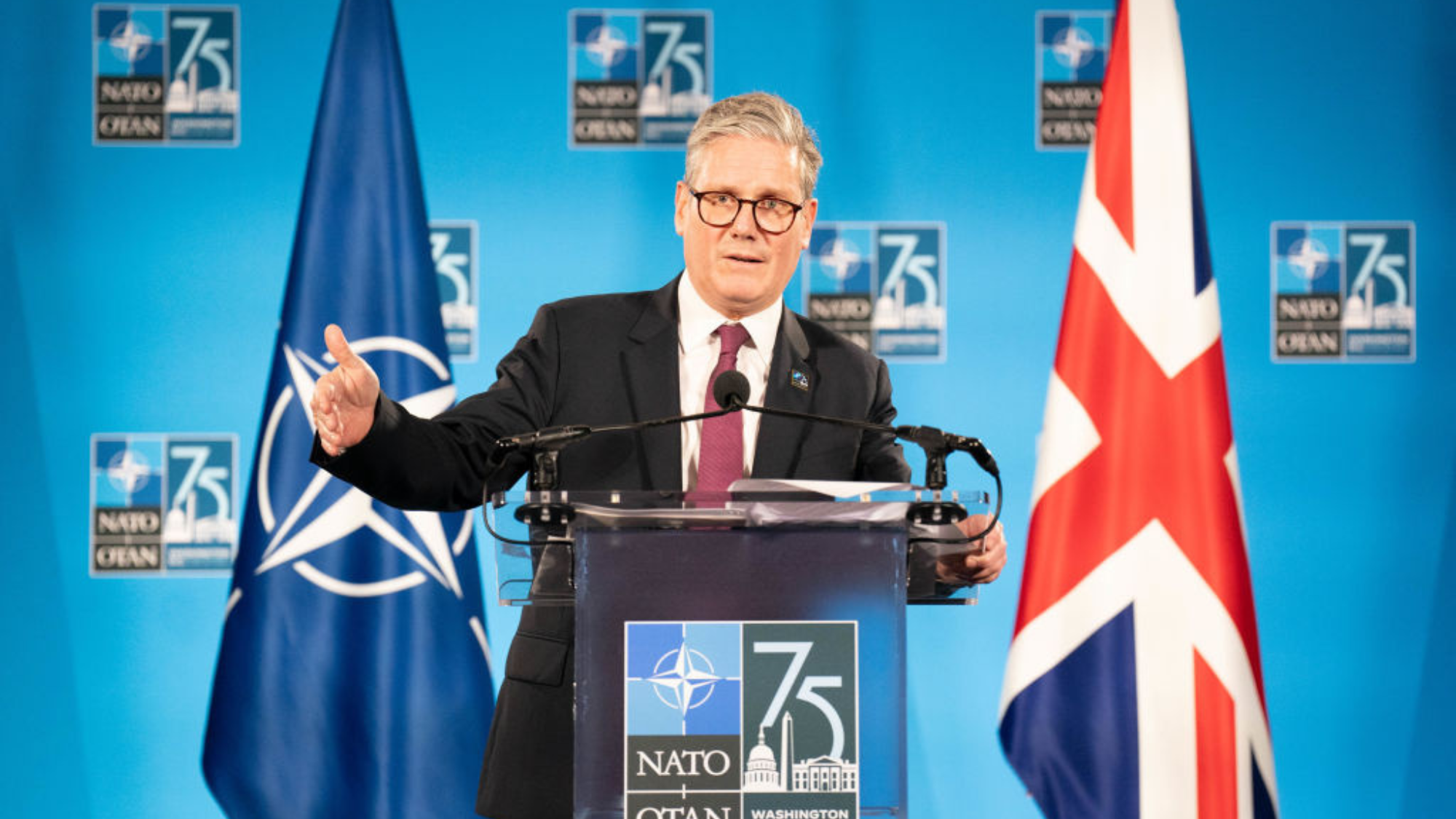 British defence: the crisis in the Armed Forces
British defence: the crisis in the Armed ForcesTalking Point Depleted military power may not be able to meet its own commitment to up defence spending to 2.5%
-
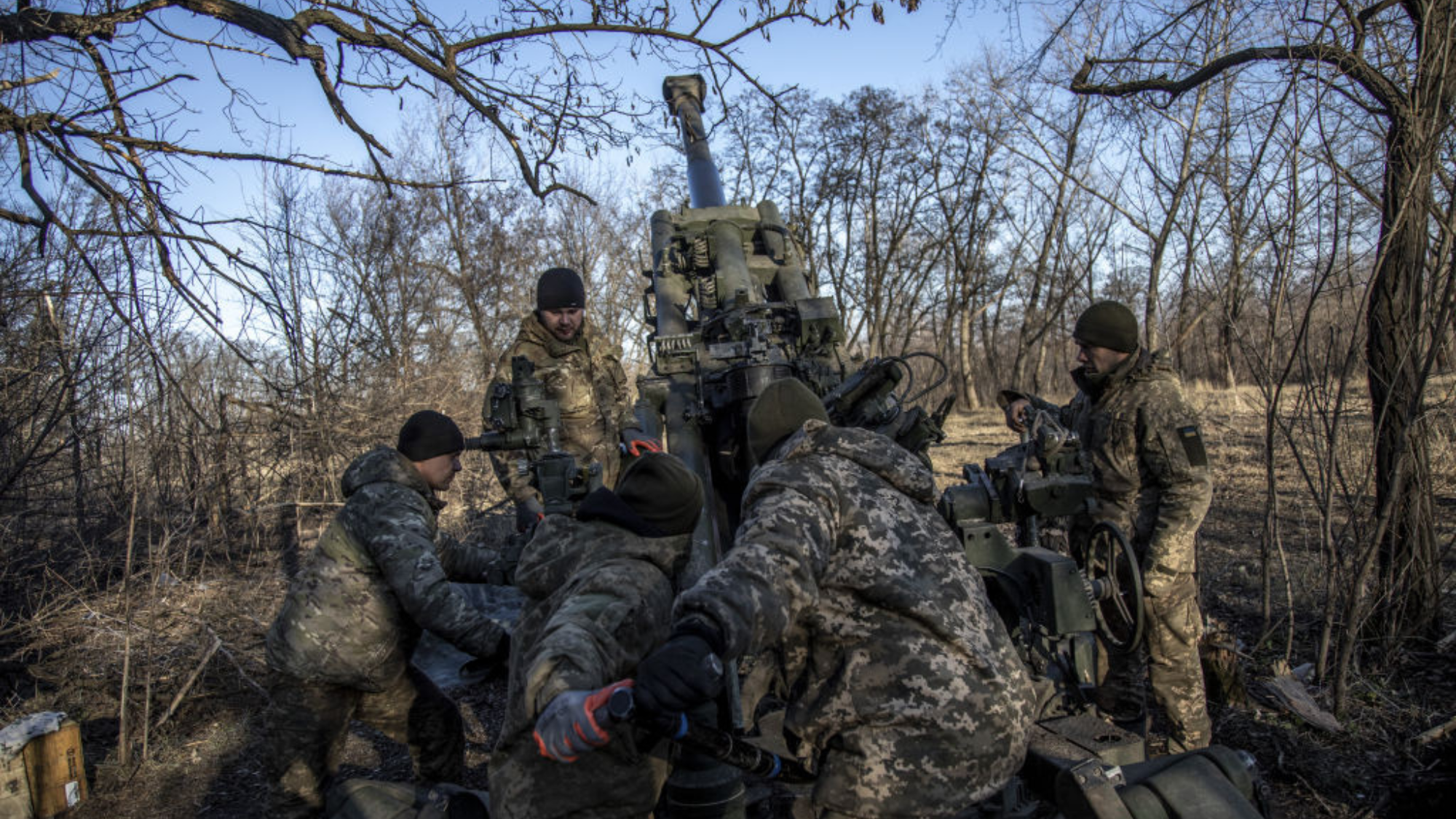 Aid to Ukraine: too little, too late?
Aid to Ukraine: too little, too late?Talking Point House of Representatives finally 'met the moment' but some say it came too late